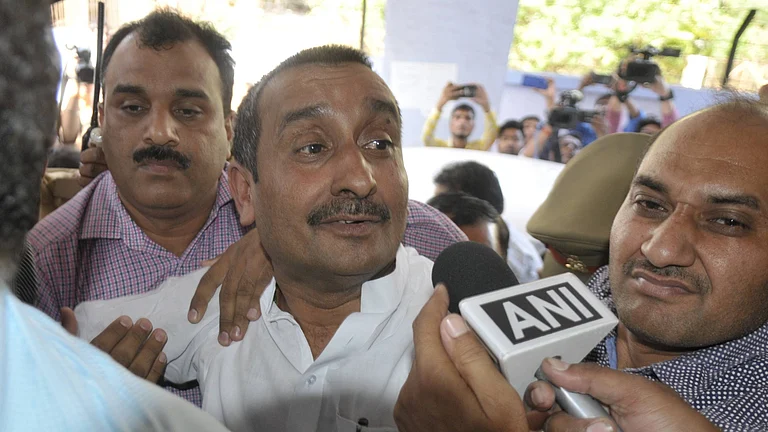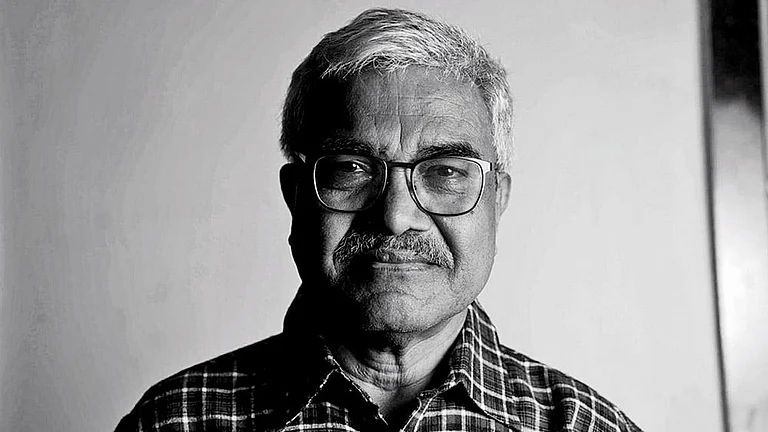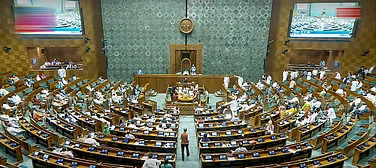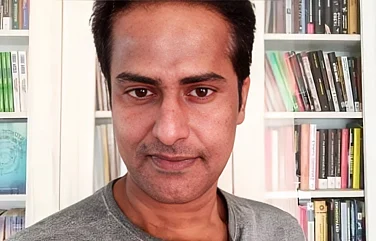Observing that a police officer may wield more influence than an ordinary person, the Supreme Court has set aside the bail granted to a police constable in a case of custodial death.
A bench of justices Aniruddha Bose and Sanjay Kumar said a stricter approach is required to decide on the question of bail of a police official who is accused in a custodial death case.
"In cases of this nature, having regard to the overall influence a member of a police force may wield in connection with a case against them pertaining to custodial death, a stricter view is to be taken on the question of granting bail," the court said.
The top court said in ordinary circumstances, it would not have invoked the jurisdiction under Article 136 of the Constitution to invalidate an order granting bail to an accused.
"But this criteria, while dealing with the question of granting bail, would not apply in a case of custodial death, where police officials are arraigned as accused. Such alleged offences are of grave and serious nature," it said.
The apex court said so far as the present appeal is concerned, it ought to make an exception from the general approach on the question of granting bail and adopt a stricter approach.
The top court was hearing an appeal against bail granted to a police constable in a case of custodial death.
The deceased was arrested in connection with a case involving robbery and he was taken into custody on February 11, 2021. Altogether, 19 police officials have been implicated in the offence and charge sheet has been submitted against them.
While directing the police constable to surrender before the CBI court within a period of four weeks, the apex court bench said the charge against the accused is under Section 302 of the Indian Penal Code (IPC) and the appellant has been enlarged on bail within one-and-a-half years of his detention.
"The alleged offence is of grave and serious nature and that factor has not been properly considered by the High Court. Having regard to the contents of the chargesheet, we do not think this was a fit case where he ought to have been enlarged on bail within one and a half years of his initial detention," the bench said.


























